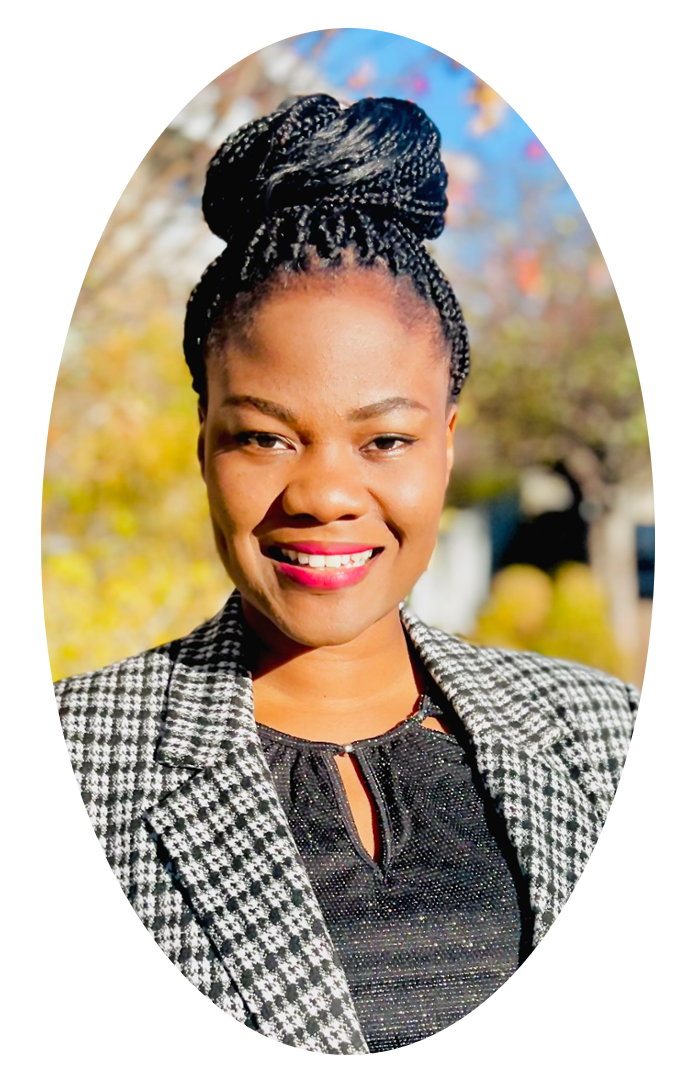Gender, displacement & health: Examining reproductive health of conflict-affected women in Nigeria
Studies have examined the conditions of women living in organized refugee camps where glaring needs such as food insecurity have drawn the attention of scholars and humanitarian agencies. Little is documented about the health experiences of internally displaced women who self-settle in contexts where traditional protection structures are less reliable. My research showed significant reproductive health challenges among conflict-affected women, including high incidences of urogenital infections reportedly associated with secondary infertility. Low socioeconomic status limits access to hospital-based maternity services, especially birth support. Health resources are limited, and women have to compete with local communities for them. Childbirth-related deaths were widely reported. A further barrier to accessing primary health care for women is the inefficiency of federal and humanitarian agencies in coordinating their efforts.

Dr. Oluwakemi Amodu is a member of the Black Academic Scholars of Excellence and strives to help those most overlooked and in need of health care. As a nurse with international experience, Oluwakemi (Kemi) Amodu has witnessed first hand the inequality women face when accessing health care.
“My interest has always been vulnerable women's health, particularly those whose cultural beliefs and social circumstances prevent them from seeking proper maternal care.”
As a past postdoctoral fellow at the School of Public Health Sciences (SPHS), University of Waterloo, new assistant professor in the Faculty of Nursing and member of the Black Academic Scholars of Excellence program, Amodu is in an ideal position to bring attention to overlooked groups of women in need of health care.